Maria Ressa
On World Press Freedom Day, the journalist discusses attacks on female reporters and disinformation.
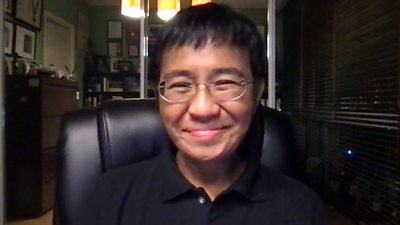
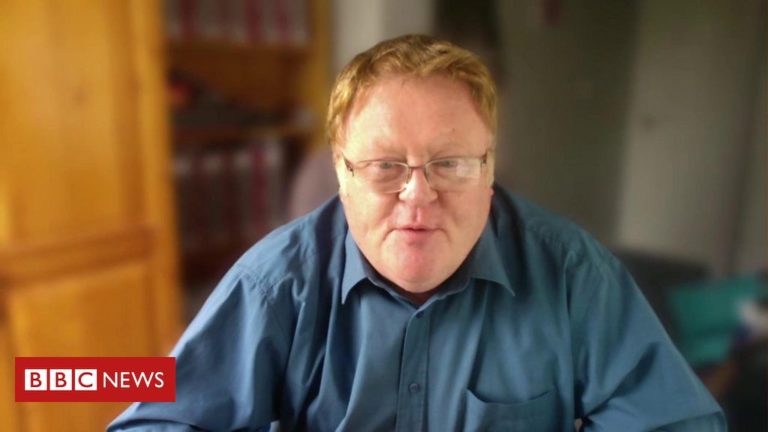
China’s President Xi Jinping had a “hidden message” about Taiwan in his speech marking 100 years of the Communist Party, Prof Shaun Breslin has said. The author of China Risen told BBC World News that China’s leader was warning other countries to steer clear of issues about Taiwan. “I think there is also a hidden…
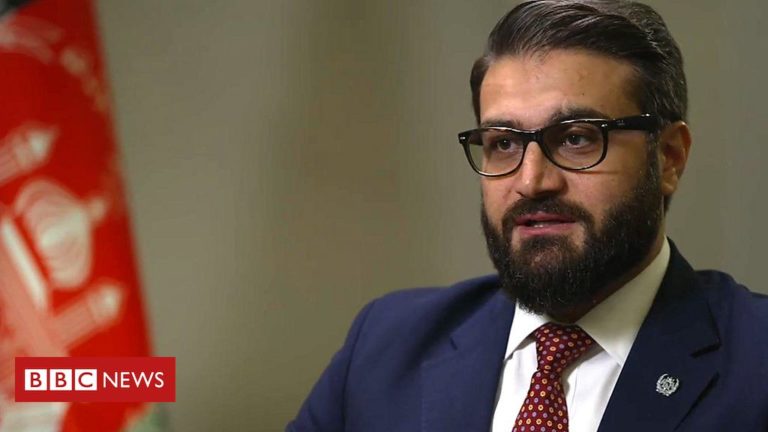
The Taliban have seized a number of border crossings and key supply routes in Afghanistan in recent weeks following the US-led mission removing the last of its troops from the country. The country’s National Security Adviser, Hamdullah Mohib, told BBC Hardtalk’s Sarah Montague that although this was not an easy time for Afghanistan, none of…
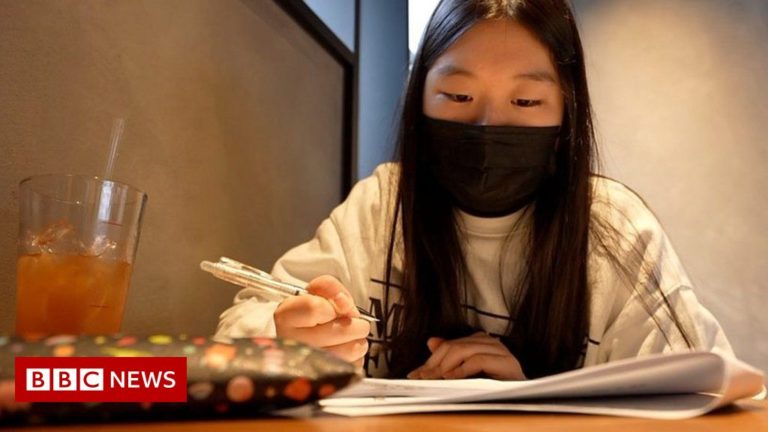
Students in South Korea are sitting the college entrance exam, the Suneung, a gruelling eight-hour marathon. The stakes are really high, with students feeling the pressure to perform well to secure university placements, jobs and even future relationships. Three Korean students documented their journey for the BBC preparing for one of the hardest exams in…
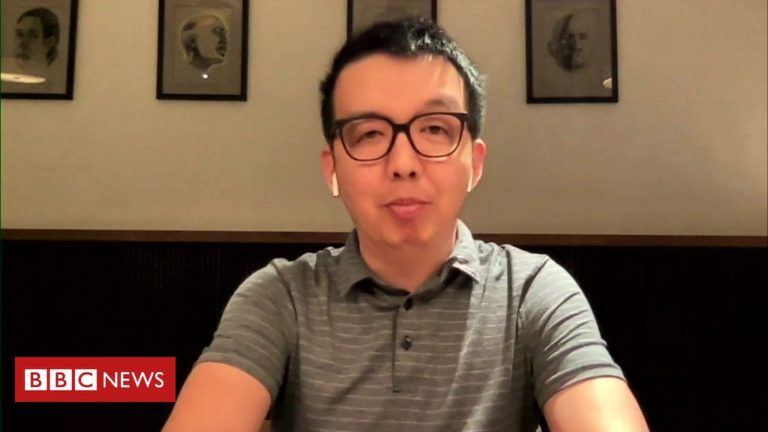
Attempts to stop Hongkongers marking the 32nd anniversary of the Tiananmen Square crackdown is having the opposite effect of what was intended, the managing director of the Hong Kong Democracy Council, Samuel Chu, has said. A public vigil to mark the anniversary has been banned by Hong Kong for the second year running citing coronavirus…
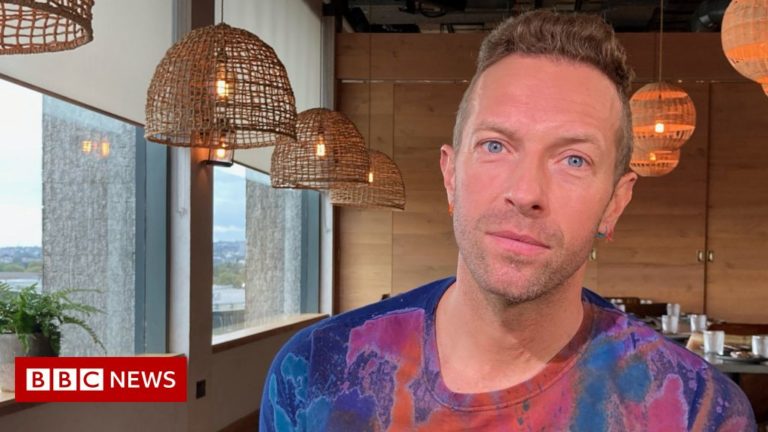
Coldplay put a pause on touring in 2019 due to concerns about the environmental impact of concerts. Four years after their A Head Full of Dreams tour, which saw them stage 122 shows across five continents, the band have announced a new tour, with an eco-friendly focus. The band have pledged to make their upcoming…
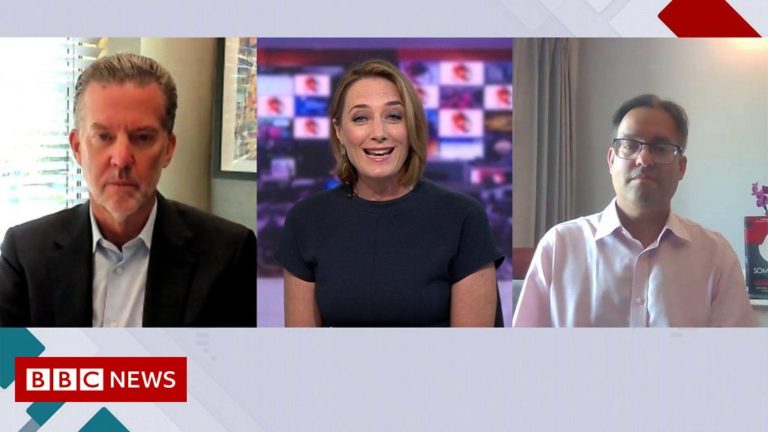
As the countdown to the opening of the new James Bond film, No Time To Die, continues, BBC World News‘s Lucy Hockings talks to Vue International chief executive Tim Richards and James Bond International Fan Club editor Ajay Chowdhury. Mr Chowdhury said: “Bond is the perfect tonic to get us out of this horrible situation…